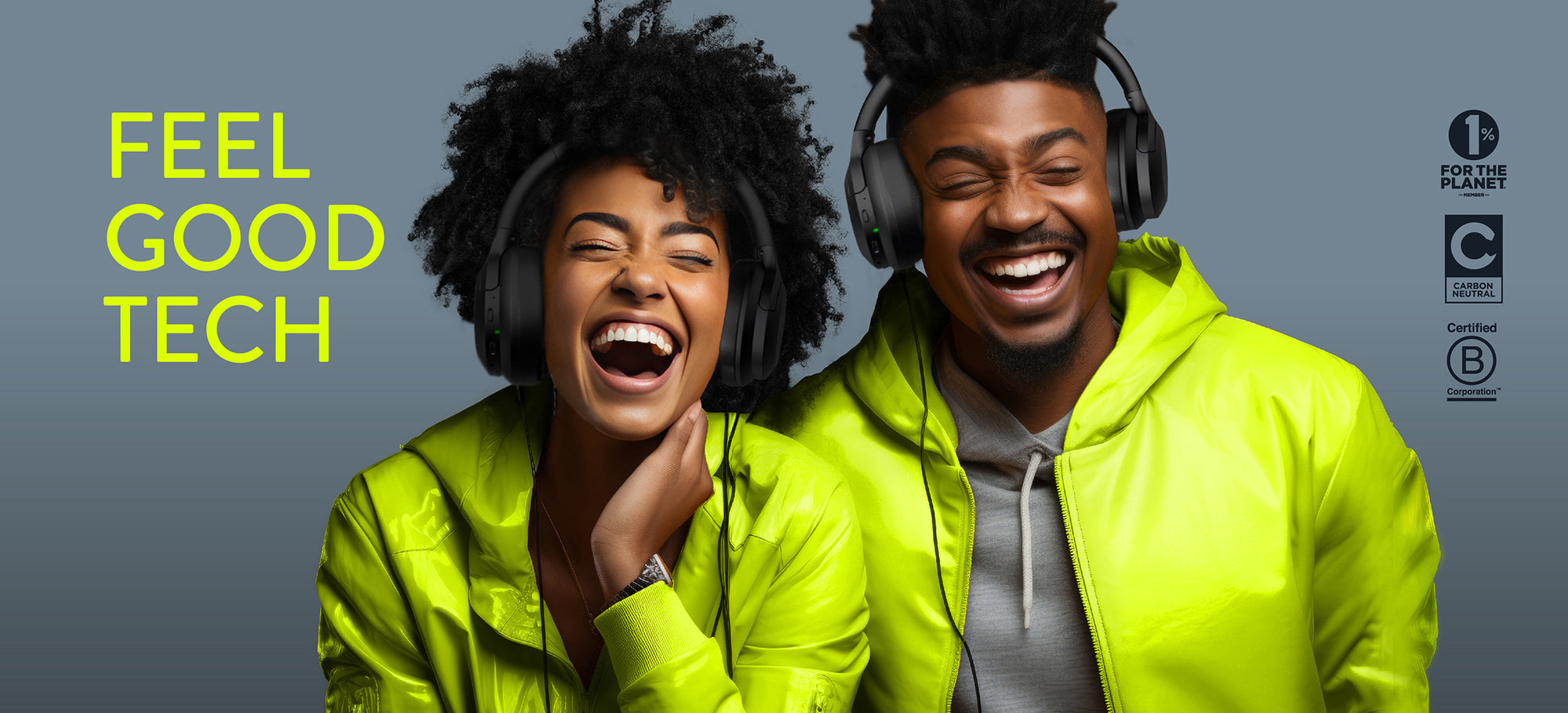
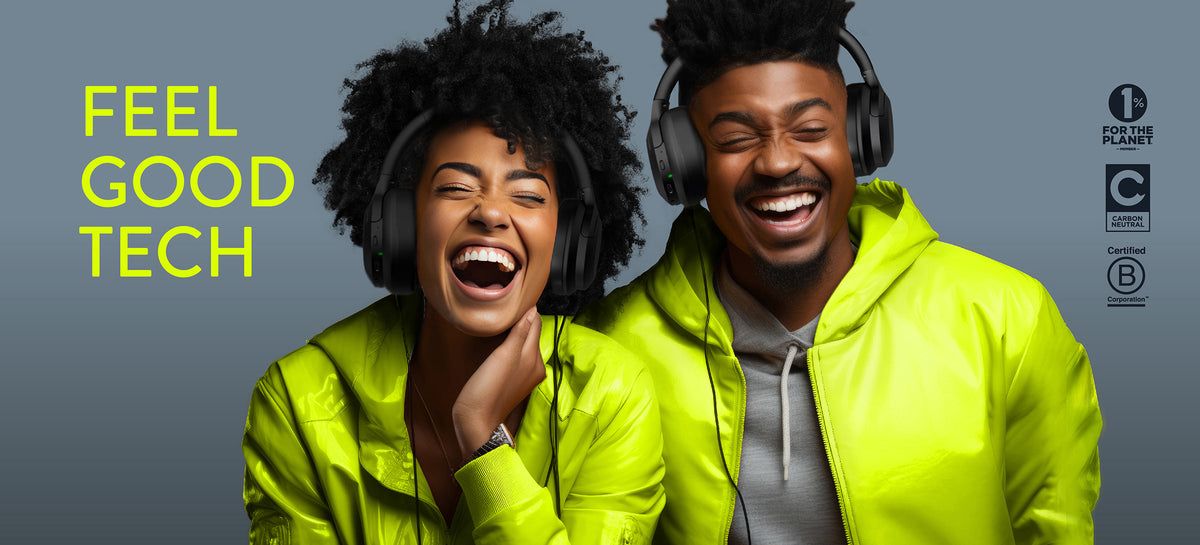


Learn more about the social impact Bitmore has through our involvement and support in social initiatives around the world.
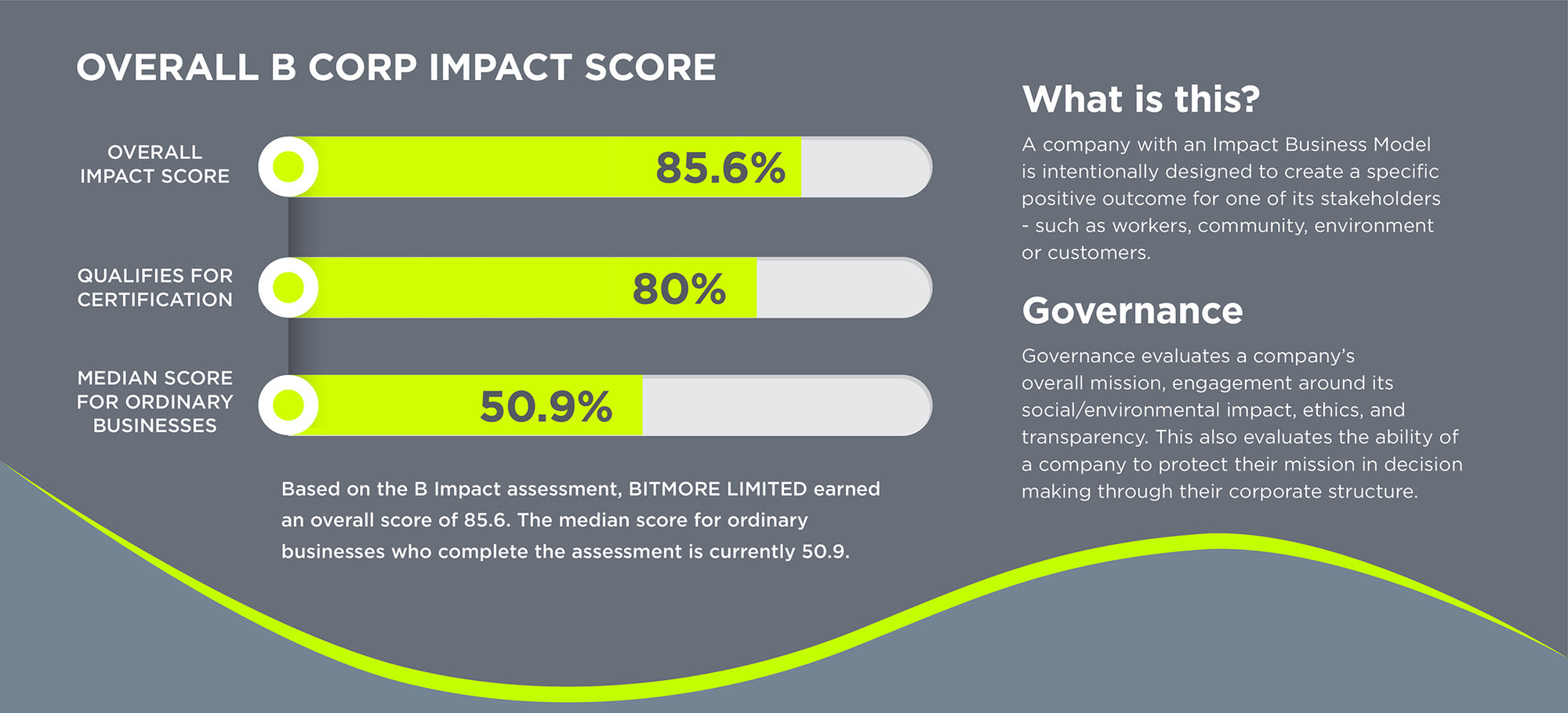
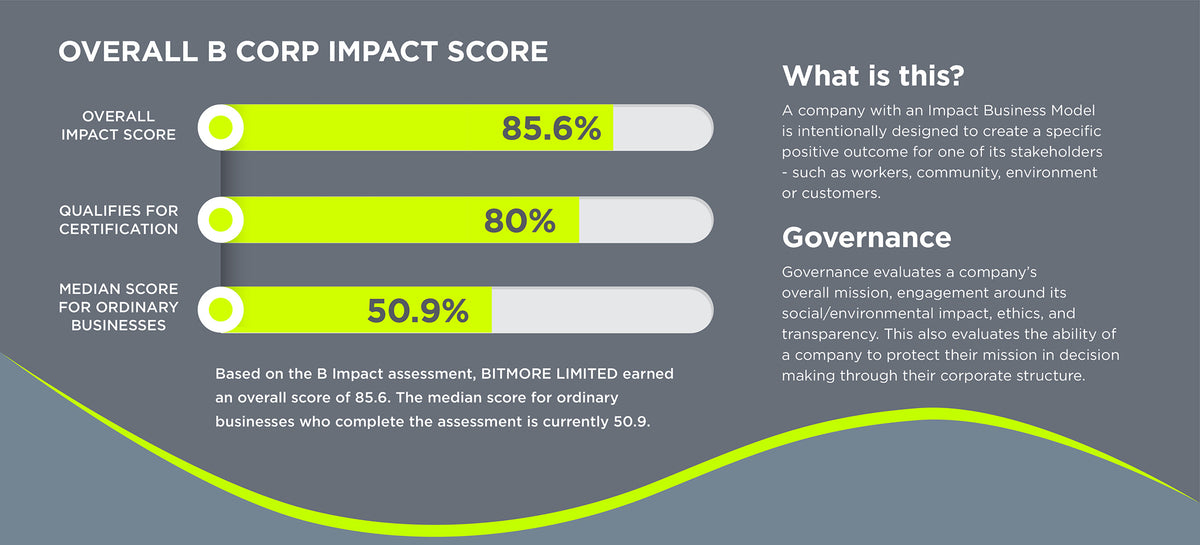
The Bitmore ™ OurOcean™ Travel Pillows use a recycled polyester with an ocean-focused purpose. At least 8.8 million tons of plastic are dumped into oceans and waterways every year. At current rates, oceans worldwide will contain one ton of plastic for every three tons of fish by 2025.
For our travel pillow range, we wanted to address the specific problem of ocean bound plastic waste.
The reality is that most of the plastic retrieved from the ocean is very difficult to process because once it enters the ocean, it gets degraded by sea salt and UV light making it brittle, and largely unusable for recycling.
We specially source post-consumer plastic bottles at high risk of ending up in the ocean. Thebottles are collected from areas of coastlines that do not currently have a formal waste orrecycling system. Once the bottles are collected, they are certified by an independent third-party organisation and then recycled, to make ocean-bound yarn.
Our Travel Pillows support a social enterprise called OCEANCYCLE – who manage and certify the collection of these bottles. They are a social enterprise based and focused on preventing ocean plastic pollution and improving the livelihoods in coastal communities through certification and direct social interventions.
OCEANCYCLE has developed an independent third-party certification process of the collected ocean bound plastics that most importantly, adheres to international quality, ethical, environmental, and labour standards. They has many years of experience building grassroots collection systems like these globally by partnering with local businesses and community leaders to help improve collection networks that pay people fairly for what theycollect. They focus on establishing a high value for reusable plastic material, so people willsee plastic as a resource—not something to be discarded. This creates jobs for people inneed and provides families a sustaining income to purchase food and send their kids toschool.
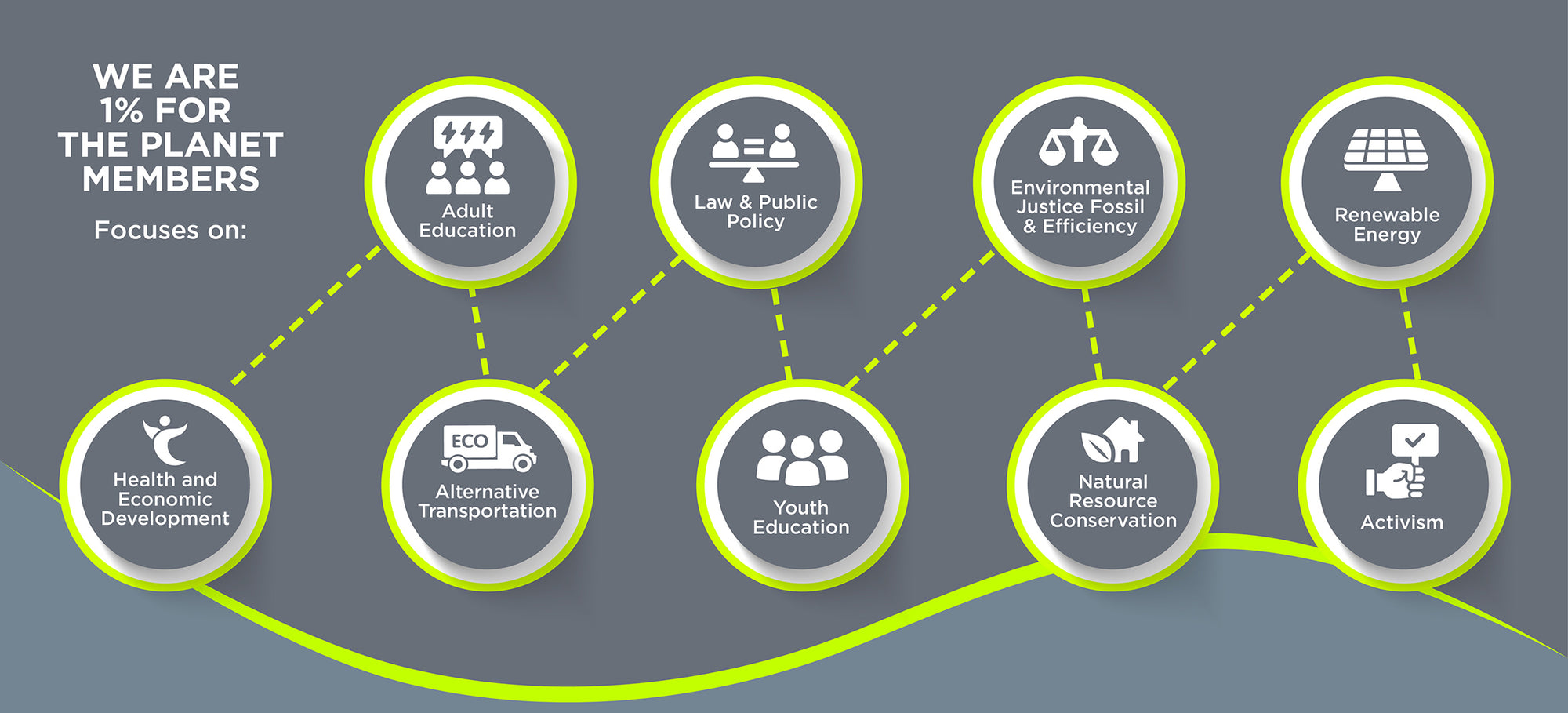
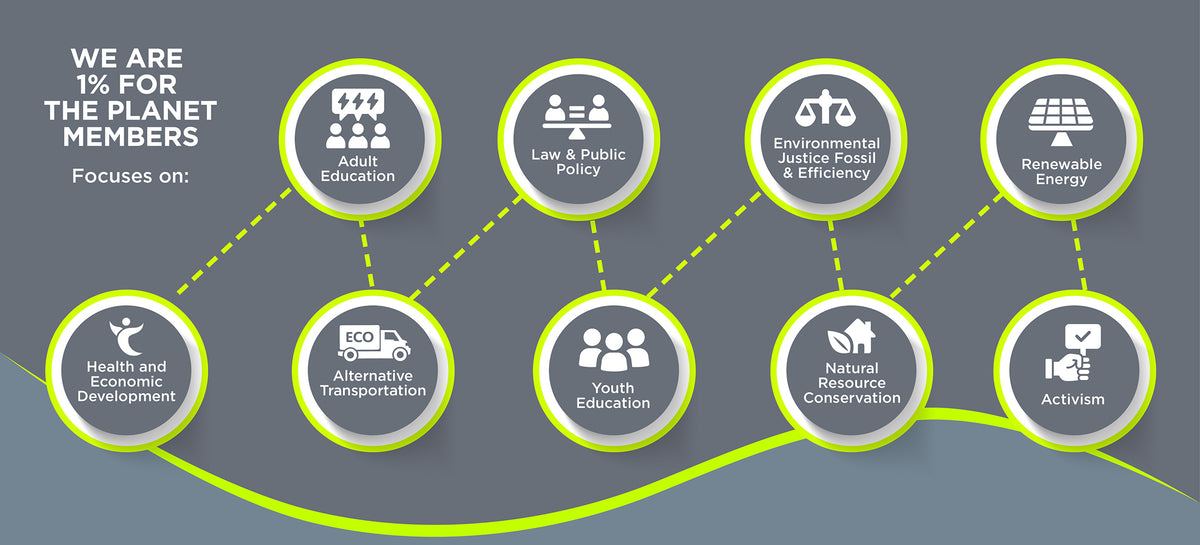
Your cart is currently empty.